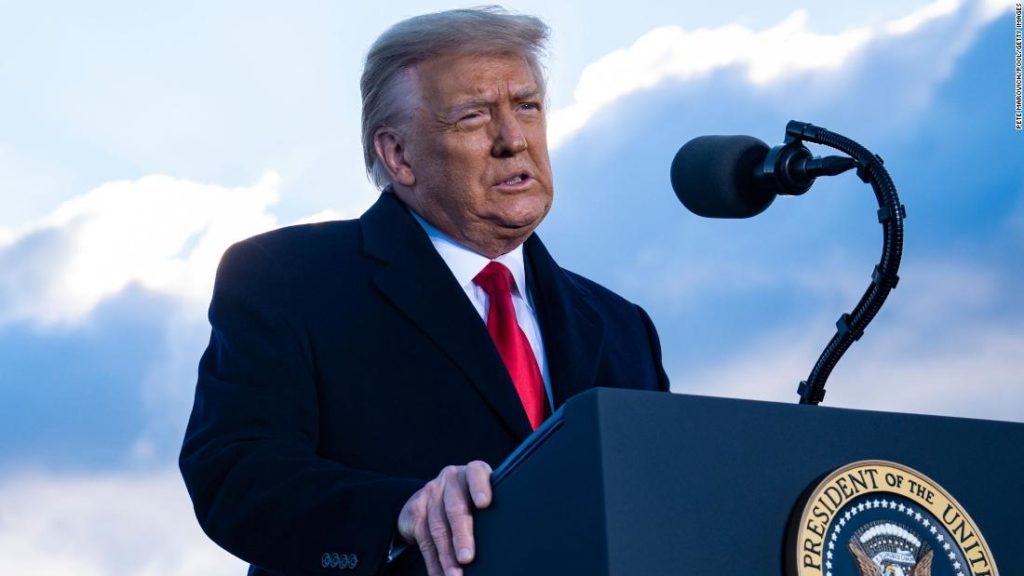The action hero-turned-politician described the infamous anti-Jewish pogrom that presaged the Holocaust as “a night of rampage…carried out in 1938 by the Nazi equivalent of the Proud Boys.” His message: America’s Night of the Broken Glass and “selfishness and cynicism,” if left unchallenged, could spiral out of control and bring democracy down.
Schwarzenegger’s message is noble, but the reference to Nazi Germany is a misguided one. The Night of the Broken Glass did not bring democracy down. That had already happened half a decade earlier. It was not carried out by the 1930s version of the Proud Boys — it was a state-organized attack that resulted in 30,000 Jews being arrested and sent to concentration camps. And “selfishness and cynicism” had not paved the path to the pogrom.
Schwarzenegger’s intervention is a classic example of the historical record of European fascism being rewritten to fit political messages that warn against Donald Trump. The underlying message behind invocations of Europe’s dark past is clear: Trumpism is fascism, and, even under Joe Biden’s presidency, it is here to stay.
Beyond their shared strategy of stirring up resentment, appealing to popular prejudices and peddling lies, Trump and Hitler are most similar in how they view the state of nature. Both would likely agree, if the world was left to its own devices, dog-eat-dog anarchy would reign supreme. Yet Trump and Hitler fundamentally differ in their conclusions on how to respond to this nature.
Hitler thought the state of nature could and should be overcome, and that a strong and total state was the tool to do so. In keeping with fascist thinking, his starting point was that the pursuit of individual self-interest is poisonous to overcoming the state of nature. For fascists, individuals can only thrive as part of a collective, held together through common kinship and ideology and organized through a strong state.
Trump’s starting point is the exact opposite. For him, the pursuit of individual self-interest is paramount to all human existence. For Trump, it seems this pursuit is the glue that holds an intricate web of relationships together. Adhering to this principle is what helps manage the state of nature — both within and between states — even if it can’t be overcome.
The core of Trump’s political philosophy is that the ruthless pursuit of individual self-interest allows people to thrive both individually and collectively. Kinship beyond family, ideology and the state — unlike in fascism — only exist in a transactional sense meant to remove any obstacles to the unobstructed pursuit of self-interest.
Hitler and Trump, along with fascism and Trumpism, are all destructive to liberal democracy but in fundamentally different ways. Taking these distinctions seriously allows us better to understand the specific threat Trump posed and be better equipped to spot the warning signs of someone who might follow in his footsteps.
Trust in each other — the most important prerequisite in rebuilding America — can only be reestablished if people are not showered with false accusations. If people have supported a bumbling emperor with no clothes for the last four years, we will not get through to them by calling them fascists. Yet, if we identify with clinical precision what is wrong with Trumpism — rather than using the label of fascism where it does not apply — all the while treating his supporters with empathy, we might have a shot at slowly rebuilding trust. And this trust is what will allow both sides of the political divide to engage in conversations about how supporting Trump, even if he is not a fascist, still brought the country to the verge of democratic breakdown.
As we attempt to rebuild trust in each other, we need to do one more thing. It is time we turn to history to identify ways to heal our democracy and apply them to the digital age. What does history tell us about how can we heal our democracy? Due to our love of studying how things blew up, we know surprisingly little about how societies rebuild. If there’s anything Trump taught us, it’s how fragile our democracy is, even at the hands of a largely incompetent strongman. It is time we start doing the hard work of repairing our democracy.
You may also like
-
UK coronavirus variant has been reported in 86 countries, WHO says
-
NASA technology can help save whale sharks says Australian marine biologist and ECOCEAN founder, Brad Norman
-
California Twentynine Palms: Explosives are missing from the nation’s largest Marine Corps base and an investigation is underway
-
Trump unhappy with his impeachment attorney’s performance, sources say
-
Lunar New Year 2021: Ushering in the Year of the Ox

